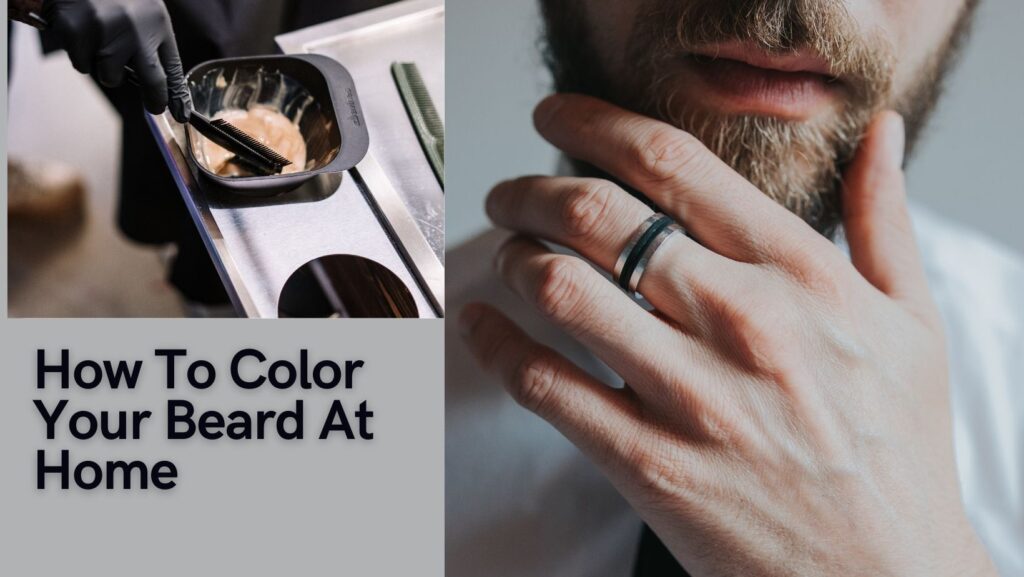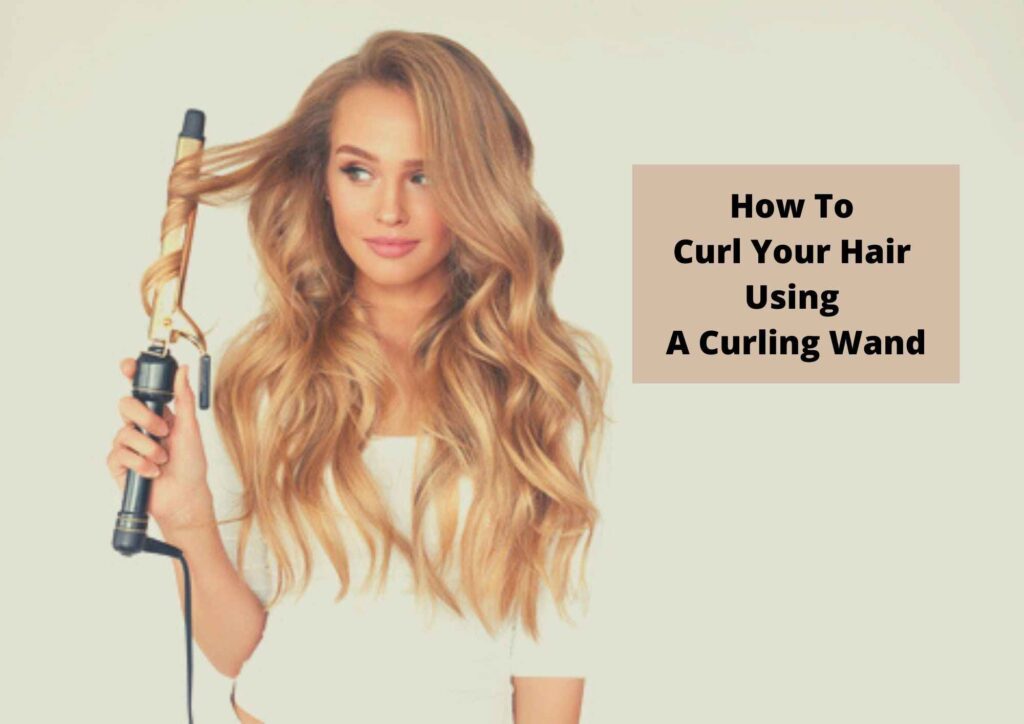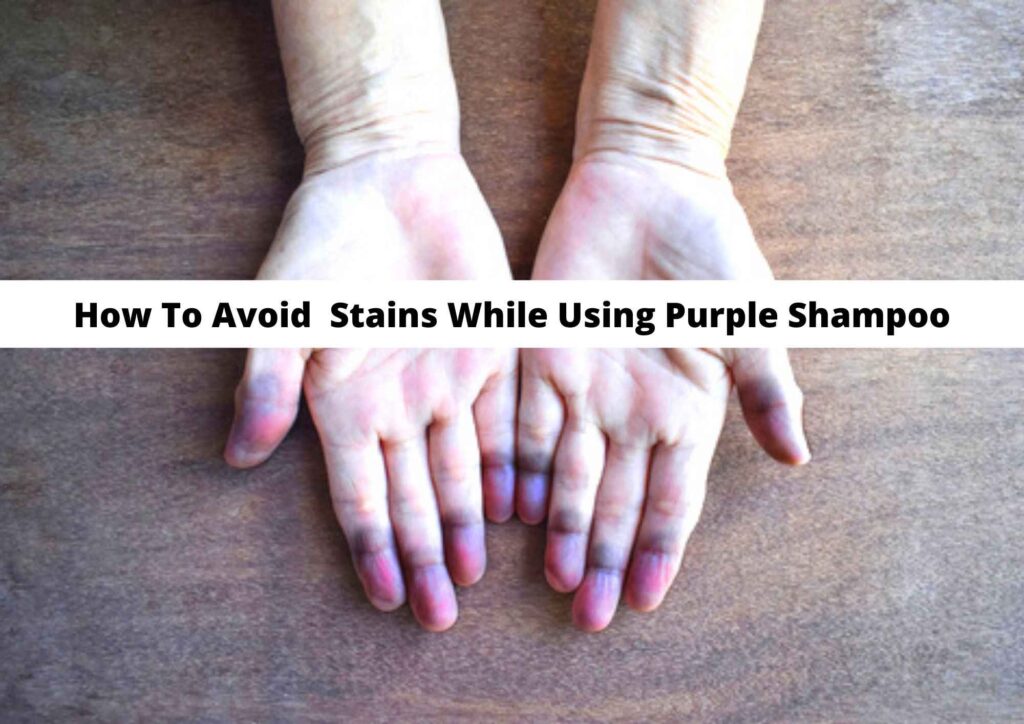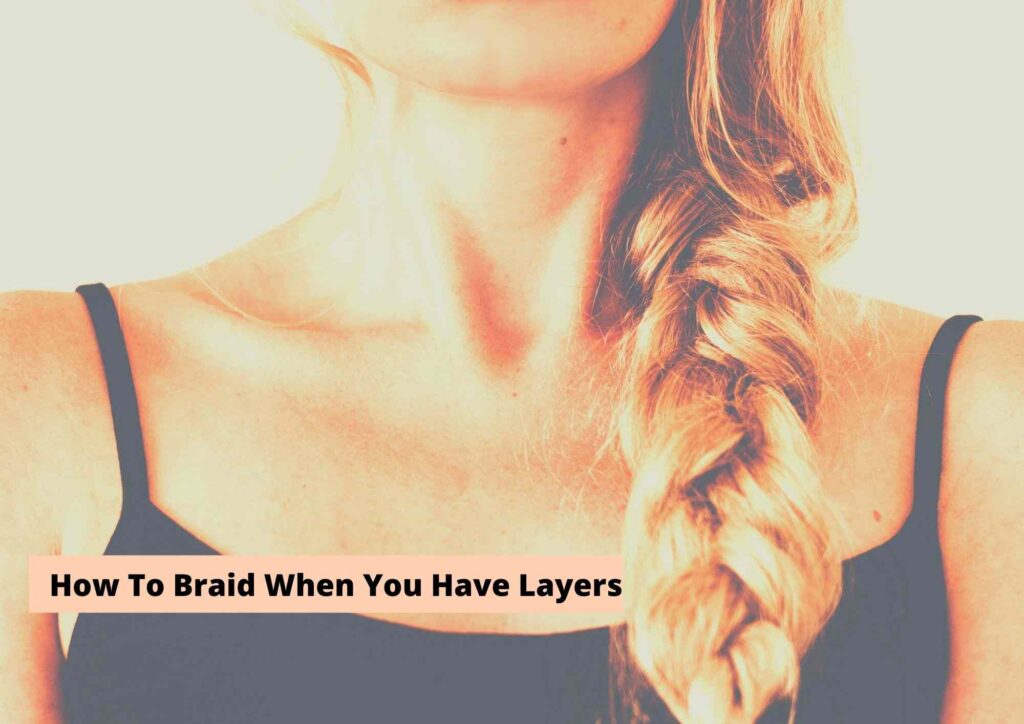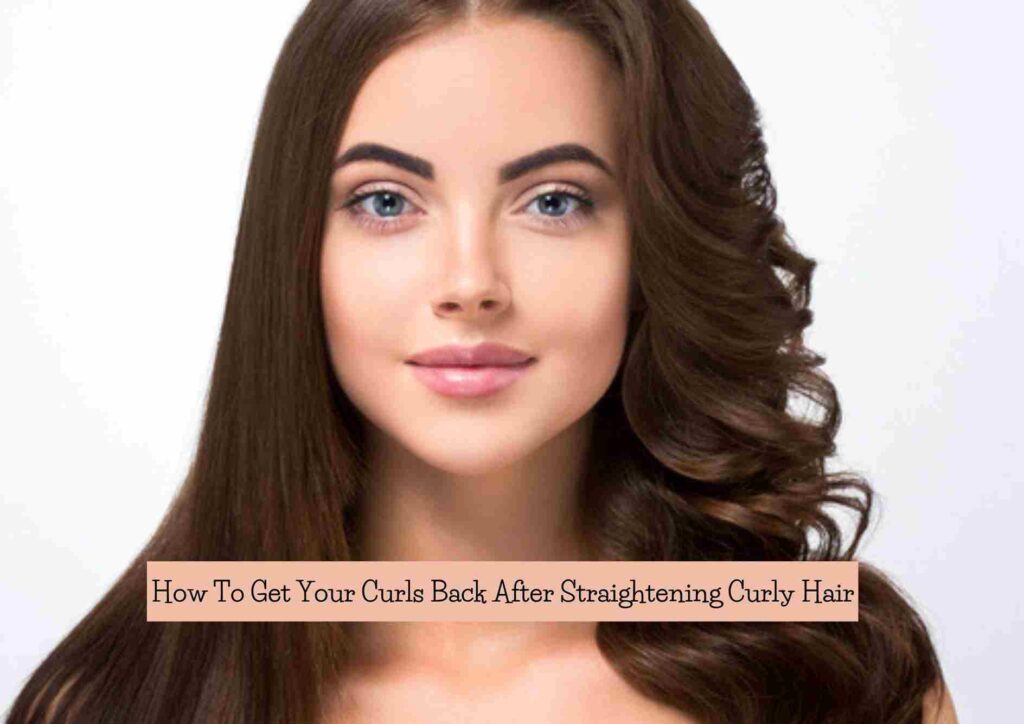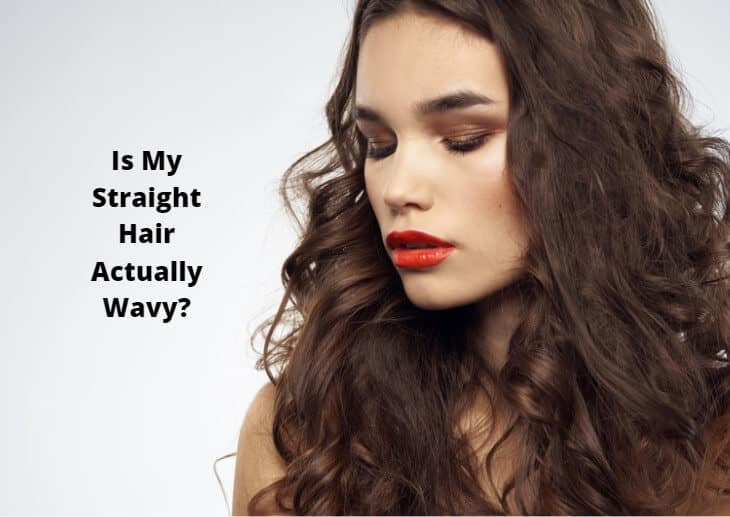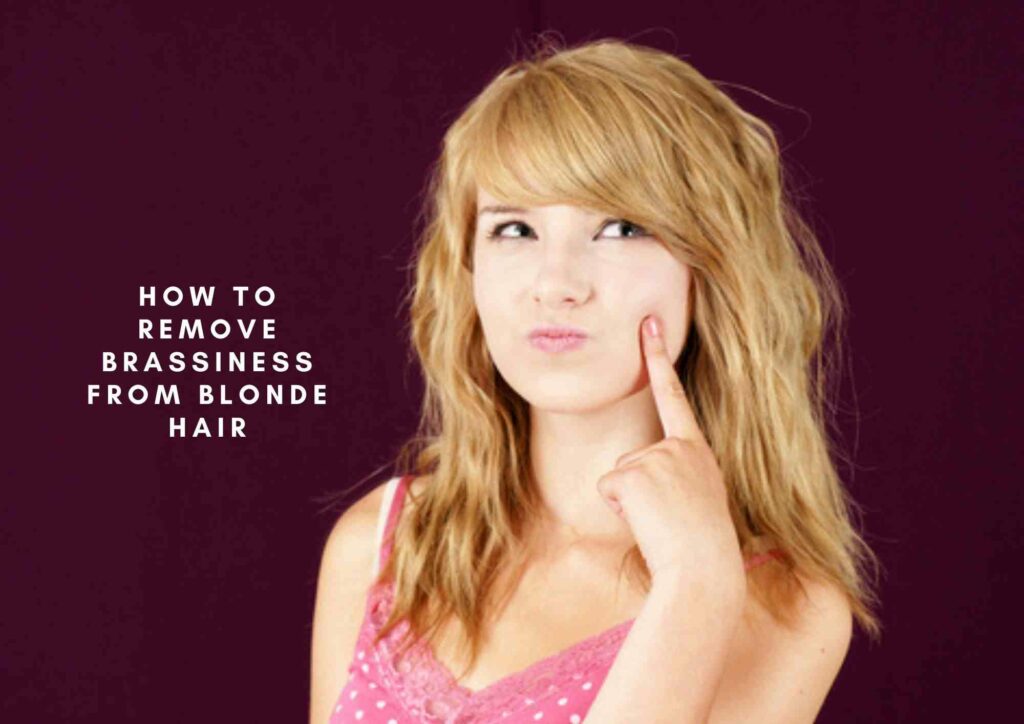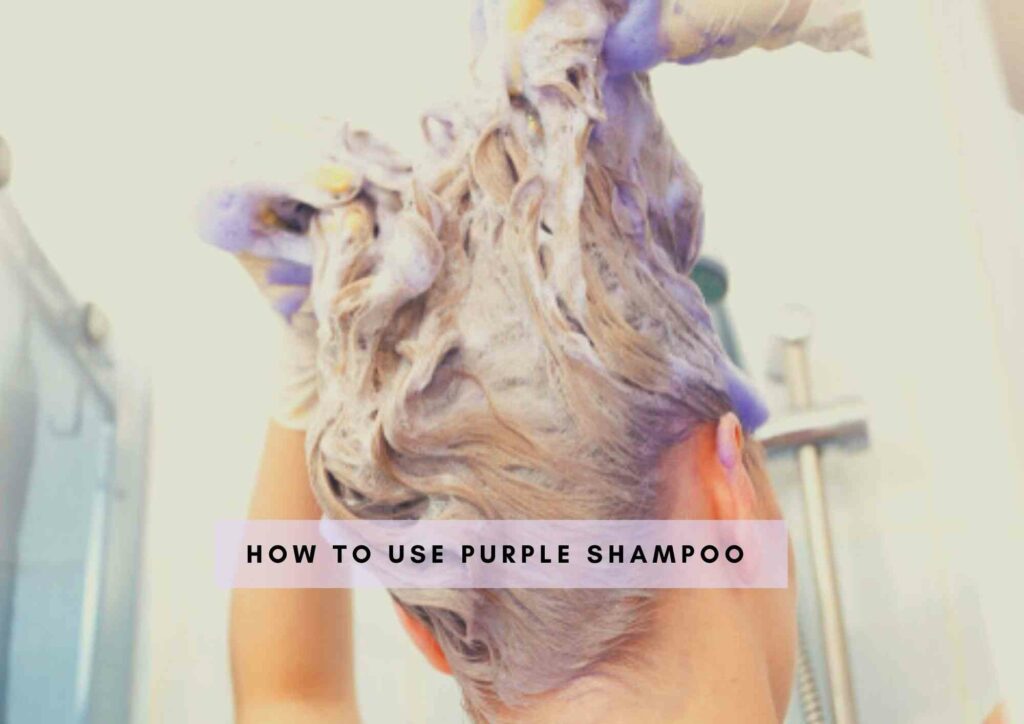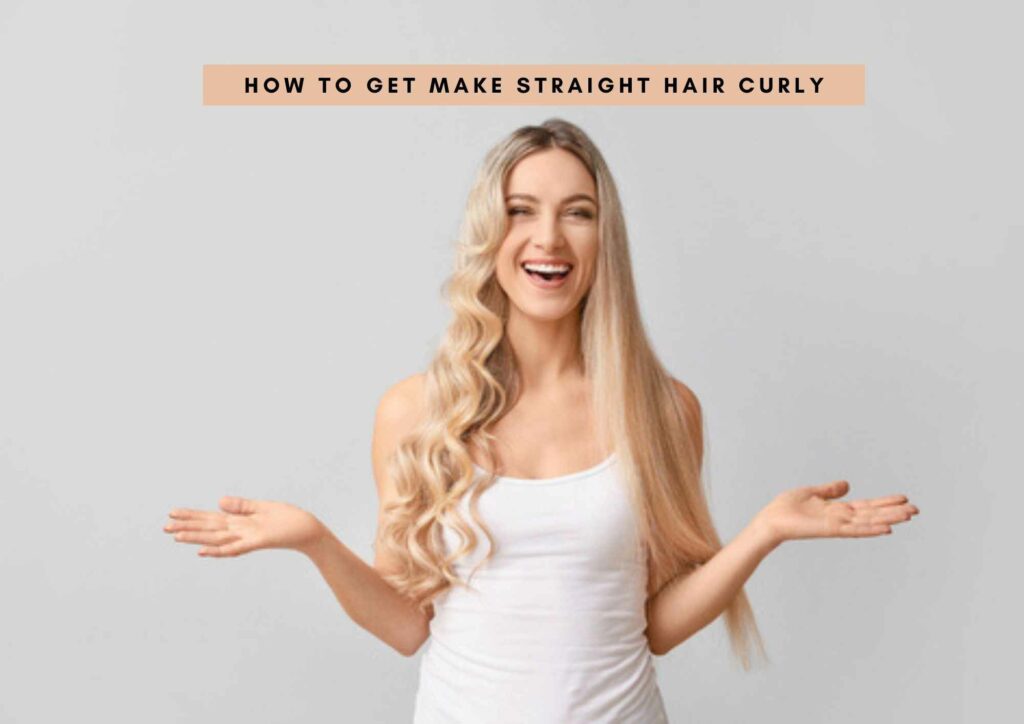If you want to know “How To Mix Henna For Dry And Damaged Hair”, you can read my guide below on henna application for coloring and conditioning hair.
Are you tired of using chemicals on your dry and damaged hair? Do you want to try a natural and safe alternative that can improve the health of your beloved tresses?
Look no further than henna! This plant-based dye has been used for centuries to condition and strengthen hair, and it’s a great option for those who want to avoid synthetic ingredients.
However, mixing henna can be a daunting task for beginners. That’s why I have put together this guide on how to mix henna for dry and damaged hair, so you can achieve the perfect consistency and get the most benefits for your locks.
How To Mix Henna For Dry And Damaged Hair
If you’ve been struggling with dry and damaged hair, henna might just be the solution you’ve been searching for!
Henna is a natural plant dye that strengthens hair, reduces hair fall, and promotes hair growth. Plus, it’s completely chemical-free and safe to use. But how do you mix henna for dry and damaged hair? Don’t worry, we’ve got you covered with these simple steps!
Firstly, you’ll need to select the right type of henna for your hair. We recommend using BAQ (Body Art Quality) henna or Lawsonia Imersis for the best results. Next, measure out the henna powder according to your hair length and thickness. For example, if you have shoulder-length hair, you’ll need around 100g of henna powder.
Once you have your henna powder, mix it with lemon juice or apple cider vinegar to create a paste. The acidic properties of these ingredients will help to open up your hair cuticles and allow the henna to penetrate deeply into your hair.
To further enhance the conditioning benefits of henna, you can also add a few tablespoons of coconut milk or olive oil to your mixture. This will leave your hair feeling soft, shiny, and moisturized.
Finally, cover your hair with a shower cap or plastic wrap and let the henna sit for at least 4-6 hours. Rinse out thoroughly with water and avoid using shampoo for at least 48 hours to allow the henna to fully set in. And there you have it – a simple and effective way to mix henna for dry and damaged hair!
How To Make A Deep Conditioning Henna Hair Mask At Home

Firstly, you will need to purchase henna powder from your local health food or beauty store. Once you have the powder, mix it with water or brewed tea until it forms a thick, smooth paste.
You can add other ingredients of your choice, such as coconut oil or honey, to add moisture and nourishment to your hair.
Next, apply the henna paste to your hair, starting at the roots and working your way down to the ends. Make sure your hair is clean and dry before applying the henna.
Cover your head with a shower cap or plastic wrap and leave the mask on for at least two hours, or longer for a deeper conditioning treatment.
Once the time is up, rinse the henna out of your hair thoroughly with warm water. You may need to use a conditioner to help detangle your hair. After you have rinsed your hair, you can style it as usual.
A henna hair mask is a natural and effective way to give your hair the boost it needs. It is perfect for those looking for a natural hair treatment that will help to strengthen, condition, and moisturize their hair. So grab some henna powder and create your own hair mask for beautifully healthy hair!
Can I Use Oil Instead Of Water For Mixing Henna For Dry Hair

Many people with dry and damaged hair turn to henna as a natural option for coloring and conditioning their locks. While henna is a great choice for those with dry hair, the mixing process can be tricky.
One common question people ask is whether they can use oil instead of water for mixing henna for dry hair.
The answer is yes, you can mix henna with oil! In fact, using oil instead of water can help to provide a deep conditioning effect. However, it’s important to note that not all oils are created equal.
Some oils, such as coconut and olive oil, are great options because they can penetrate the hair shaft and provide moisturizing benefits.
To mix henna with oil, simply replace the water in your henna mixture with the oil of your choice. You can use any type of oil, but it’s important to choose one that is safe for use on hair and scalp. Add enough oil to create a thick paste that is easy to spread evenly throughout your hair.
Once you’ve mixed your henna paste with oil, apply it to your hair as you normally would. Cover your hair with a plastic cap and leave the mixture on for several hours to allow the henna to absorb into your hair. When you’re ready to rinse, use cool water to prevent the oil from becoming too greasy.
Overall, using oil to mix henna is a great option for those with dry hair. It can help to provide extra nourishment and moisture, leaving you with healthy, shiny locks. So, go ahead and try it out for yourself!
How To Make A Henna Hair Mask For Dandruff And Hair Fall

Dandruff and hair fall are common hair problems that many of us face. It can be frustrating to constantly deal with dry, itchy scalp and excessive hair fall. Fortunately, henna offers a natural solution to these problems.
To make a henna hair mask for dandruff and hair fall, first, mix henna powder with water to create a thick paste. You can also add other ingredients like yogurt, lemon juice or coconut oil for extra nourishment.

Apply the mask to your hair, making sure to cover your scalp as well. Leave it in for at least an hour before washing it off with a gentle shampoo and conditioner. Henna can be drying, so make sure to use a hydrating conditioner.
Henna acts as a natural conditioner and strengthens the hair, reducing hair fall. It also has anti-fungal properties that help to combat dandruff and soothe an itchy scalp. With regular use, a henna hair mask can help to improve the overall health of your hair.

However, be careful not to apply henna too frequently as it can lead to dryness and brittle hair. It’s best to use it once every few weeks to see maximum benefits.
In conclusion, a henna hair mask is a natural and effective way to tackle dandruff and hair fall. Try incorporating it into your hair care routine for healthier, stronger locks.
Do I Need To Shampoo After Using Henna Hair Mask For Dry Hair
The answer is no, you don’t need to shampoo your hair after applying henna to your hair. It’s because henna acts as a natural hair cleanser and conditioner, leaving your hair clean, smooth, and shiny.
However, if you feel like your scalp is still dusty or not fully clean, you can rinse your hair with plain water.
Once you have applied henna on your hair, you must leave it for at least three to four hours before you wash it.
This will ensure that the henna gets enough time to penetrate your hair strands and provide the desired results. Moreover, it’s essential to use lukewarm or cold water to rinse your hair as hot water can cause henna to fade quickly.
You don’t need to shampoo your hair after applying henna. However, make sure to leave it on for enough time and rinse with lukewarm or cold water to get the best results.
Why Does My Hair Feel Dry After Henna And How To Fix It
Have you ever experienced dryness after using henna on your hair? It’s a common concern that many people face. But why does it happen? Henna contains tannin which has a temporary astringent effect on hair.
It closes the cuticles, which can make your strands look shiny and voluminous but can also lead to dryness in the long run.
If you have already experienced dryness after using henna, don’t worry, there are ways to fix it. The first thing you should do is to ensure that you are using good quality henna. Poor quality henna can cause allergic reactions and dryness.
Always buy henna from a trusted vendor, and check the label to ensure you’re purchasing 100% pure henna with no added chemicals.
Another tip to prevent dryness after henna is to add additional ingredients to your henna mix. These ingredients can include moisturizing agents like coconut milk, olive oil, or aloe vera juice. They will help to nourish your hair and combat the dryness caused by henna.
After applying henna, it is important to hydrate your hair regularly. Leave-in conditioners and hair oils are great ways to do this. You can also use a deep conditioning treatment once a week to keep your locks moisturized and healthy.
Lastly, avoid overusing henna. Using it too frequently can cause dehydration and breakage. Instead, use it in moderation and allow ample time for your hair to recover after each application.
By following these tips, you can achieve healthy and nourished hair even after using henna.
Henna is a true gift from nature that can revitalize our hair from root to tip. It can be the perfect solution for those of us who are struggling with dry, damaged hair.
Whether you opt to mix it with yogurt, coconut milk, or tea, following the basic guidelines of henna mixing will ensure the perfect concoction for your lovely locks.
By using all-natural henna, we can maintain healthy hair while avoiding harsh chemicals found in conventional hair products. As a result, our hair will be stronger, shinier, and more manageable than ever before.
The author of this article, Leah Marie Priest has a degree in Cosmetology with years of experience in dealing with hair care, scalp care, and hairstyling. As someone who extensively deals with all kinds of hair textures, products, styling methods and more, hair Leah Marie knows what kind of products and procedures suit each hair type and person. We have also tested these hair products and processes ourselves to provide you an unbiased review about every product. Each of our articles are also reviewed by a team of medical professionals so that you get the most accurate and expert-reviewed information.
Also Read:
- Can I Henna My Hair Two Days in a Row
- How To Mix Henna And Coffee For Coloring Hair
- Will Adding Coconut Oil To Henna Make Hair Softer
- How To Mix Henna With Lemon Juice For Unbleached Hair
- How Long Does Henna Last On Straight Hair
- Can I Use Henna Dye On My Eyebrows
To Summarize



